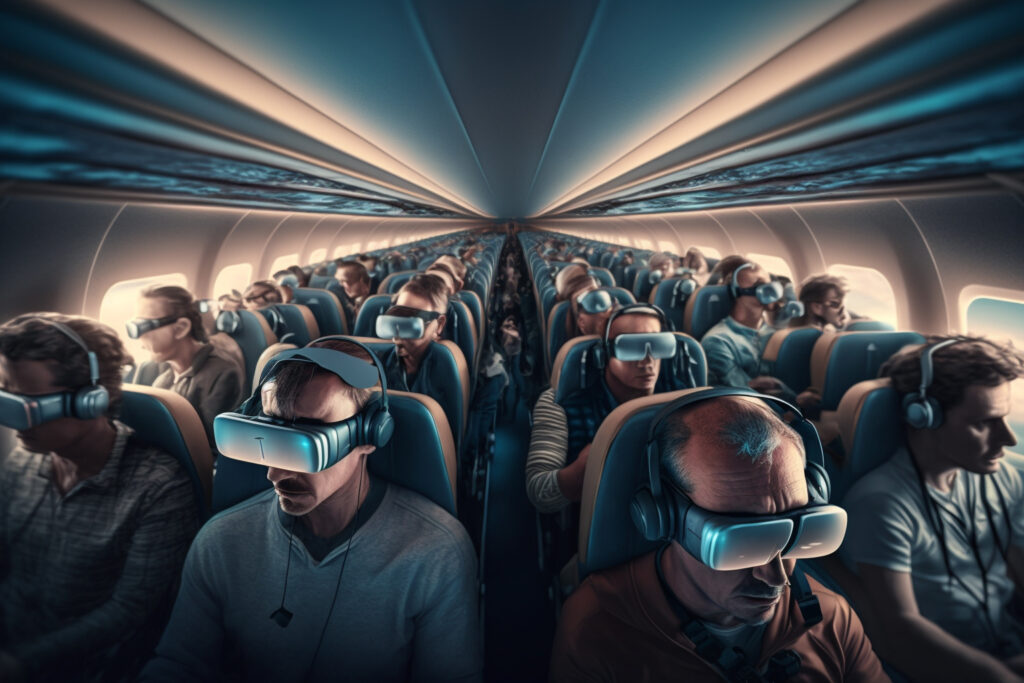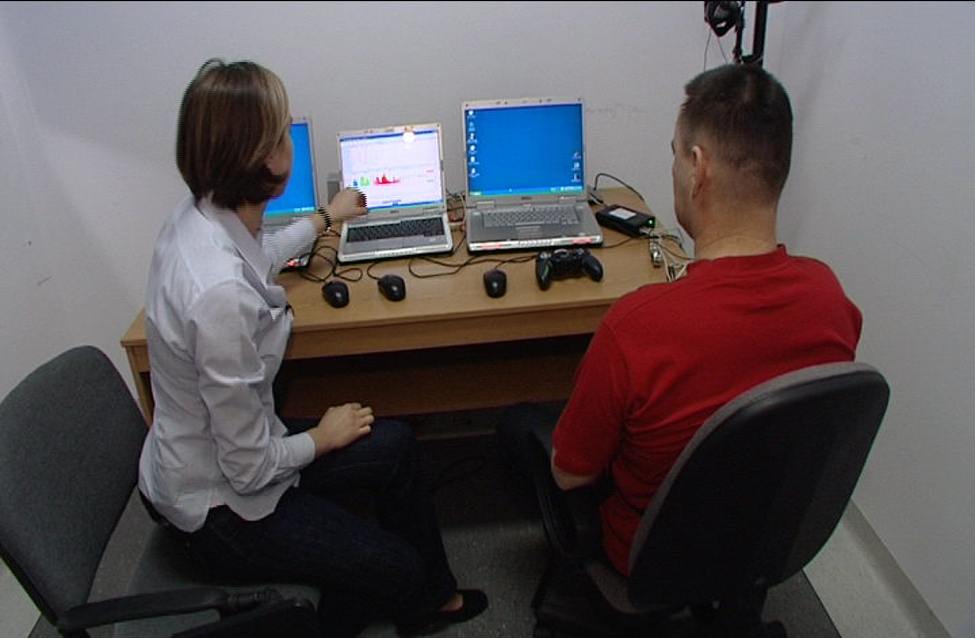Understanding Thalassophobia: When Fear of the Ocean Becomes Overwhelming
Understanding Thalassophobia: When Fear of the Ocean Becomes Overwhelming
Dr. Brenda K. Wiederhold, Co-Founder and Clinical Psychologist at the Virtual Reality Medical Center (VRMC) and the Interactive Media Institute, was recently featured in a WebMD interview on thalassophobia—an intense fear of large bodies of water. While it’s natural to feel cautious during a storm at sea, thalassophobia can cause extreme anxiety or even panic attacks in situations where no real danger exists.
As Dr. Wiederhold explains:
“Patients often describe a ‘fight or flight’ response. Some patients describe a full-blown panic attack while others describe ‘strong discomfort.’”
“The good news is that specific phobias (including thalassophobia) are among the most treatable anxiety disorders,” says Dr. Wiederhold.
Evidence-based treatments include:
- Exposure therapy – gradually and safely confronting water-related fears
- Cognitive Behavioral Therapy (CBT) – reshaping anxious thought patterns
- Virtual Reality Therapy – using immersive simulations to practice coping skills in a controlled environment
These approaches can help patients regain control, reduce avoidance, and improve quality of life.
 🔗 Read the full interview with Dr. Wiederhold on WebMD: What Is Thalassophobia?
🔗 Read the full interview with Dr. Wiederhold on WebMD: What Is Thalassophobia?










